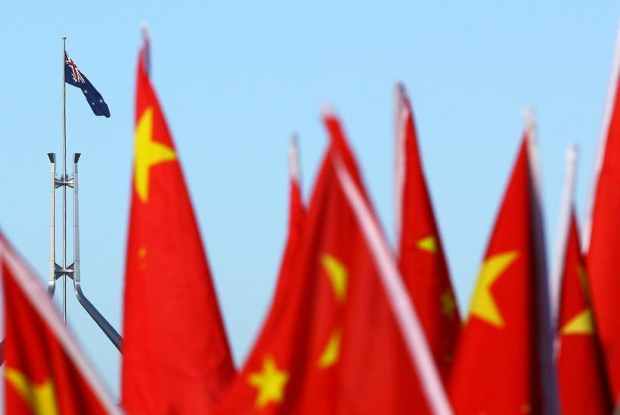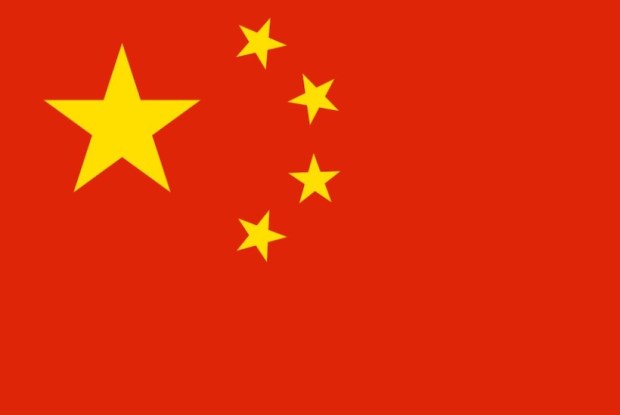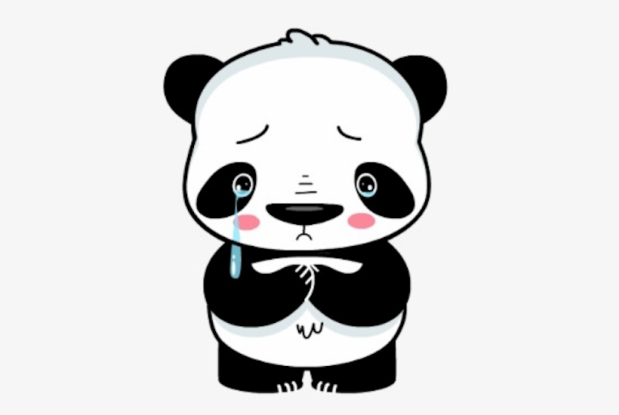God knows there has not been much good news of any sort in 2020, so whatever there is deserves wider publicity and greater appreciation. Not much has got me more hopeful lately than this mooted initiative:
On 29 May, The Times reported that the British government was set to propose reforms to the G7, an organisation established in 1975 to coordinate policy between the world’s largest and most advanced market economies. The UK proposal involves creating a new coalition of democracies, based on the Group of 7, with the addition of Australia, India and South Korea. It would be known as the ‘Democratic 10’, or ‘D10’ for short.
A few days later, US President Donald Trump threw his support behind the idea while giving some off-the-cuff remarks to a scrum of reporters. ‘I don’t feel that as a G7, it properly represents what’s going on in the world’, he said. ‘We want Australia, we want India, we want South Korea’, he went on, before adding: ‘And what do we have? That’s a nice group of countries right there!’
The G7 can be seen as too North Atlantic-orientated while the G20 is a purely economic grouping that doesn’t care about the politics of its members. The Anglosphere as a multilateral concept is a good start (as informally embodied in the “Five Eyes” intelligence cooperation set-up between the United States, the United Kingdom, Canada, Australia and New Zealand), yet it too is somewhat too restrictive. While there is a high correlation between language and institutions, it’s not just the English-speaking countries that value freedom, democracy and the free market. D10 achieves a nice geographic balance between the economic heft of North America, Europe and Asia while focusing on the most important commonalities: this is for all intents and purposes the global leadership group of the anti-authoritarian, democratic, liberal bloc. It can further act as a magnet for the second and the third tier of countries around the world who subscribe or aspire to these values, a particularly useful delineation in a forum like the United Nations, which is based on the principle of equivalency between states, regardless of their orientation and interests.
Needless to say, the current interest of a group like D10 is decoupling from China and balancing this unfriendly superpower, which can currently muster a coalition of between 50 and 60 states either bought through Beijing’s resources and infrastructure neo-colonialism or attracted by China’s as an anti-Western, anti-democratic, anti-liberal pole. But just as readily D10 could work to contain any other ideological threat to the broad West like Russia or Islamism (by broad West I mean all the countries which stand for freedom and democracy, not confined to any particular ethnic heritage). As Erik Brattberg and Ben Judah write:
The United Kingdom’s D-10 is the right size and shape: neither too big, which reduces coherence; nor too small, covering only the Cold War West. The D-10 is not an anti-China alliance. Instead, by narrowly focusing on the two defensive issues all democratic powers broadly agree they have a problem and cannot solve on their own—5G and critical supply chains—it is a platform that could relatively quickly get off the ground. Moreover, the D-10 is attractive to both foreign-policy “restrainers” as well as “competitors” alike, as actively reducing these two strategic vulnerabilities and heated public concerns can work to lessen future tensions with Beijing.
D10 is long overdue. There has been much drift in international affairs since the end of the Cold War, but 2020 has certainly concentrated minds around the world to the very real threats facing what once used to be called “the free world”. Freedom is not free and neither can it be taken for granted – or, indeed, as a given – since there are many out there who are not fans and ready to provide tempting alternatives. Let’s hope this idea goes from strength to strength. That’s a nice group of countries indeed.
Arthur Chrenkoff blogs at The Daily Chrenk, where a version of this piece also appears.
Got something to add? Join the discussion and comment below.
Got something to add? Join the discussion and comment below.
Get 10 issues for just $10
Subscribe to The Spectator Australia today for the next 10 magazine issues, plus full online access, for just $10.


























Comments
Don't miss out
Join the conversation with other Spectator Australia readers. Subscribe to leave a comment.
SUBSCRIBEAlready a subscriber? Log in